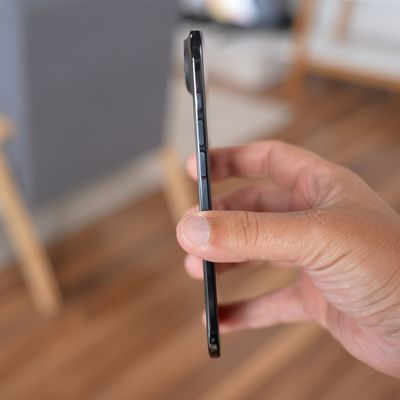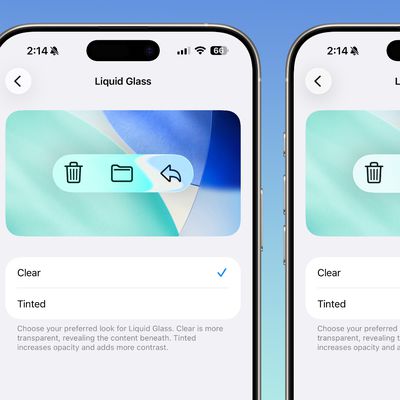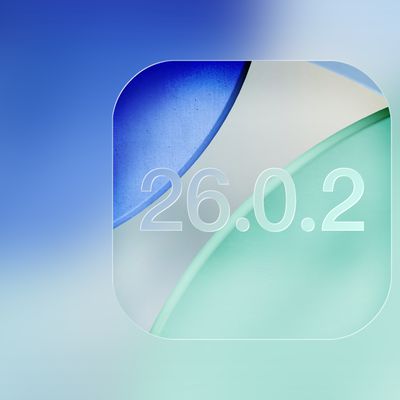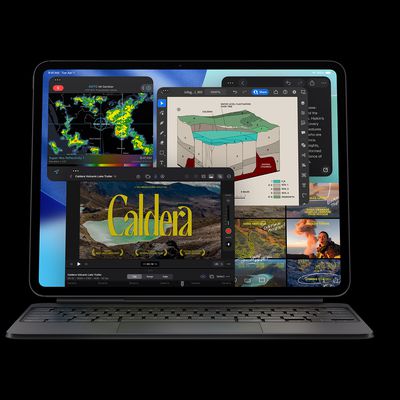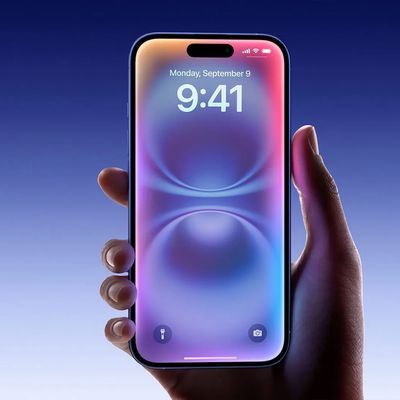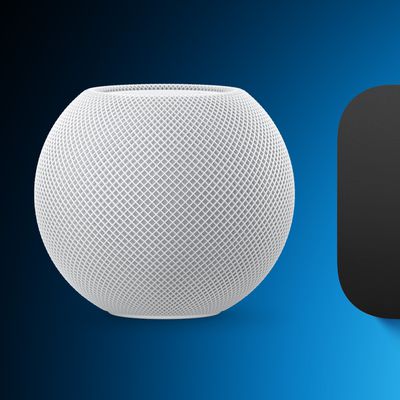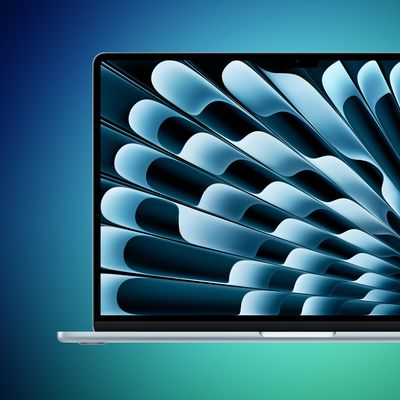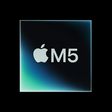Epic Games Appeals Ruling in Apple Lawsuit, Claims Court Made Errors
Epic Games today kicked off its appeal of the judge's decision in the Epic v. Apple lawsuit, filing an opening brief with the United States Court of Appeals for the Ninth Circuit.

Both Apple and Epic Games have decided to appeal the original ruling as neither company was satisfied with the outcome. Epic Games wanted the court to force Apple to support third-party App Stores, which did not happen.
Epic Games CEO Tim Sweeney said that the ruling wasn't a "win for developers or for consumers," and Epic Games confirmed that it planned to appeal shortly after the verdict was delivered. In the appeal, Epic Games asked whether Judge Yvonne Gonzalez-Rogers had made mistakes with some of her findings, including that Apple is not a monopolist.
In the filing, Epic Games again argues that Apple's App Store restrictions and fees are harming developers and consumers, calling the App Store unnecessary.
Absent these restrictions, iPhone users and app developers could use alternative app stores, and users could get apps directly from developers. Developers could procure payment mechanisms with additional features and lower costs for their apps. Epic wants to but cannot compete with Apple to fulfill that demand by providing an iPhone app store and in-app payment solution. Epic would charge developers much less than Apple's 30% commission, increasing innovation and reducing costs.
Apple prevents Epic and other potential competitors from offering those choices. That is why Epic brought this antitrust suit. The district court's factual findings make clear that Apple's conduct is precisely what the antitrust laws prohibit.
Epic Games argues that the court made an error when it found no Sherman Act violation against Apple, which would have painted Apple as a monopolist and would have likely resulted in a very different ruling.
The goal with the appeal is to get the judgment against Apple reversed, and much of the rest of the document goes over the original arguments from the initial lawsuit.
The district court's judgment on Epic's Sherman Act claims should be reversed and judgment of liability entered in Epic's favor with a remand to determine the appropriate injunctive remedy. The district court's judgment on Apple's breach of contract and declaratory judgment counterclaims should be reversed and judgment entered in Epic's favor
Epic's full opening brief can be read on Scribd for those who are interested in the company's anti-Apple arguments.
Popular Stories
iOS 26 was released last month, but the software train never stops, and iOS 26.1 beta testing is already underway. So far, iOS 26.1 makes both Apple Intelligence and Live Translation on compatible AirPods available in additional languages, and it includes some other minor changes across the Apple Music, Calendar, Photos, Clock, and Safari apps.
More features and changes will follow in future ...
Apple plans to cut production of the iPhone Air amid underwhelming sales performance, Japan's Mizuho Securities believes (via The Elec).
The Japanese investment banking and securities firm claims that the iPhone 17 Pro and iPhone 17 Pro Max are seeing higher sales than their predecessors during the same period last year, while the standard iPhone 17 is a major success, performing...
With the fourth betas of iOS 26.1, iPadOS 26.1, and macOS 26.1, Apple has introduced a new setting that's designed to allow users to customize the look of Liquid Glass.
The toggle lets users select from a clear look for Liquid Glass, or a tinted look. Clear is the current Liquid Glass design, which is more transparent and shows the background underneath buttons, bars, and menus, while tinted ...
Apple's software engineers continue to internally test iOS 26.0.2, according to MacRumors logs, which have been a reliable indicator of upcoming iOS versions.
iOS 26.0.2 will be a minor update that addresses bugs and/or security vulnerabilities, but we do not know any specific details yet.
The update will likely be released by the end of next week.
Last month, Apple released iOS 26.0.1,...
While the new iPad Pro's headline feature is the M5 chip, the device has some other changes, including N1 and C1X chips, faster storage speeds, and more.
With the M5 chip, the new iPad Pro has up to a 20% faster CPU and up to a 40% faster GPU compared to the previous model with the M4 chip, according to Geekbench 6 results. Keep in mind that 256GB and 512GB configurations have a 9-core CPU,...
iOS 26.4 is expected to introduce a revamped version of Siri powered by Apple Intelligence, but not everyone is satisfied with how well it works.
In his Power On newsletter today, Bloomberg's Mark Gurman said some of Apple's software engineers have "concerns" about the overhauled Siri's performance. However, he did not provide any specific details about the shortcomings.
iOS 26.4 will...
Apple on Wednesday updated the 14-inch MacBook Pro, iPad Pro, and Vision Pro with its next-generation M5 chip, but previous rumors have indicated that the company still plans to announce at least a few additional products before the end of the year.
The following Apple products have at one point been rumored to be updated in 2025, although it is unclear if the timeframe for any of them has...
Apple plans to launch MacBook Air models equipped with the new M5 chip in spring 2026, according to Bloomberg's Mark Gurman. Apple is also working on M5 Pro and M5 Max MacBook Pro models that will come early in the year.
Neither the MacBook Pro models nor the MacBook Air models are expected to get design changes, with Apple focusing on simple chip upgrades. In the case of the MacBook Pro, a m...
Apple on Wednesday updated the 14-inch MacBook Pro base model with an M5 chip, and there are two key storage-related upgrades beyond that chip bump.
First, Apple says the new 14-inch MacBook Pro offers up to 2× faster SSD performance than the equivalent previous-generation model, so read and write speeds should get a significant boost. Apple says it is using "the latest storage technology," ...




